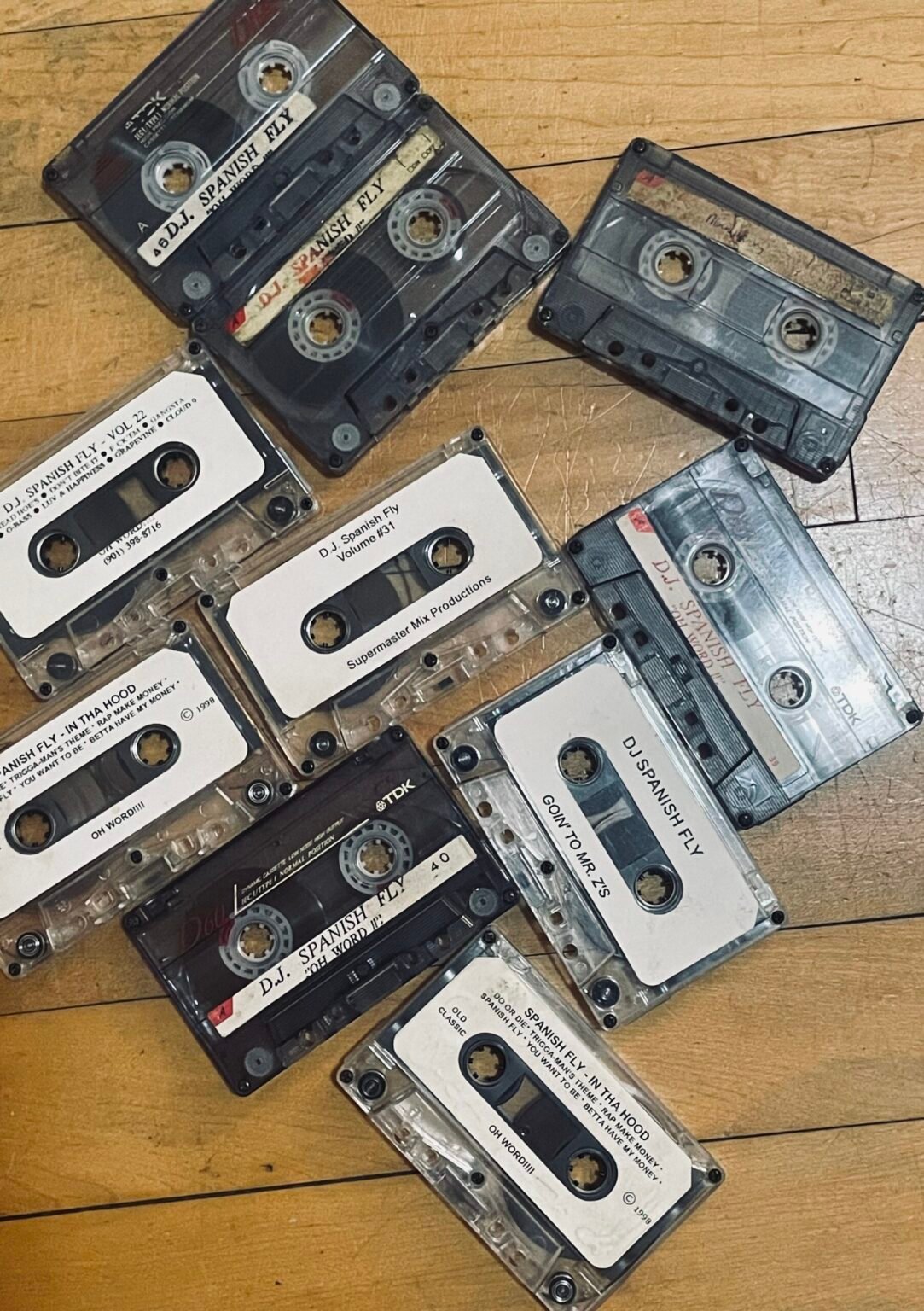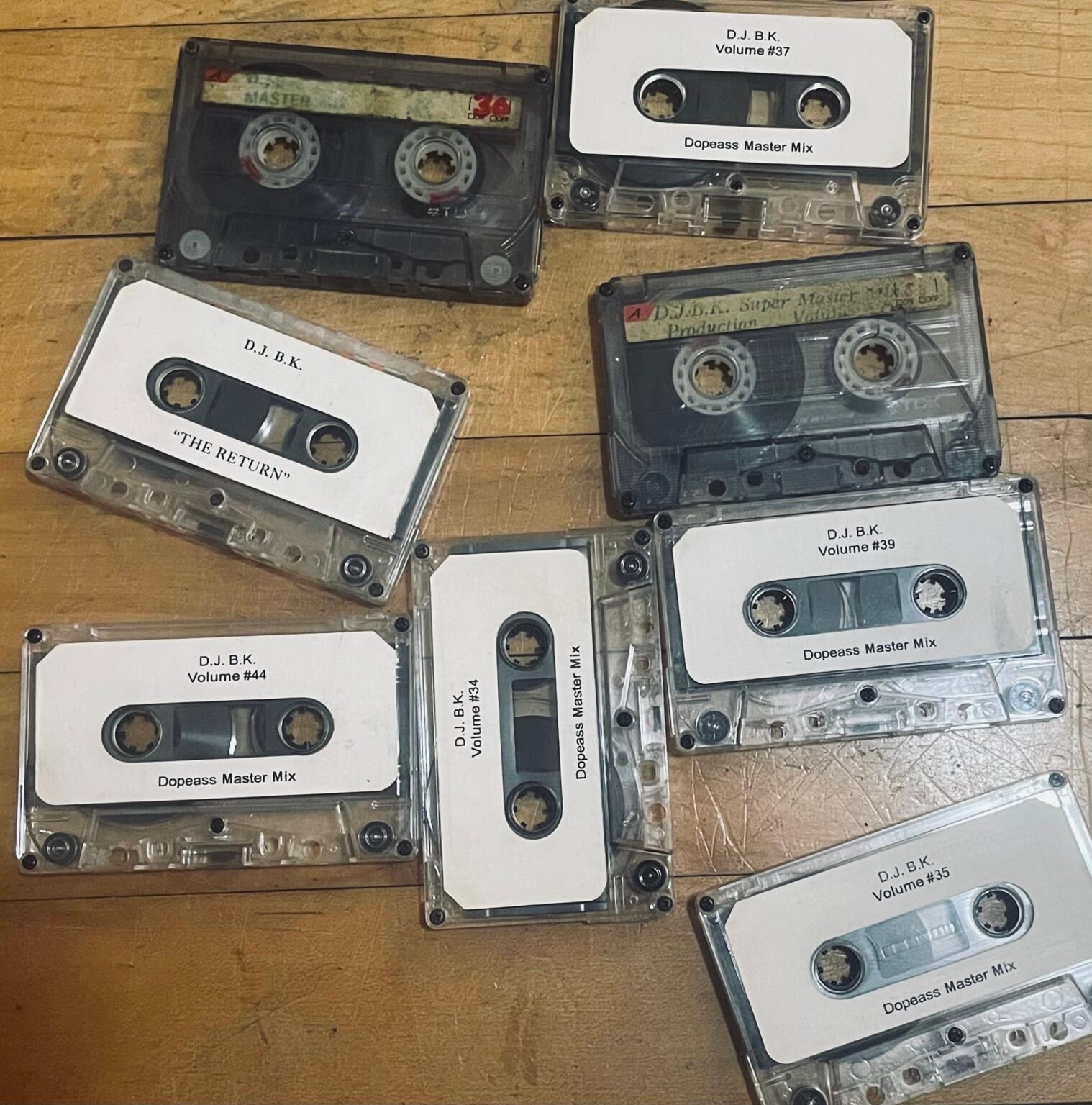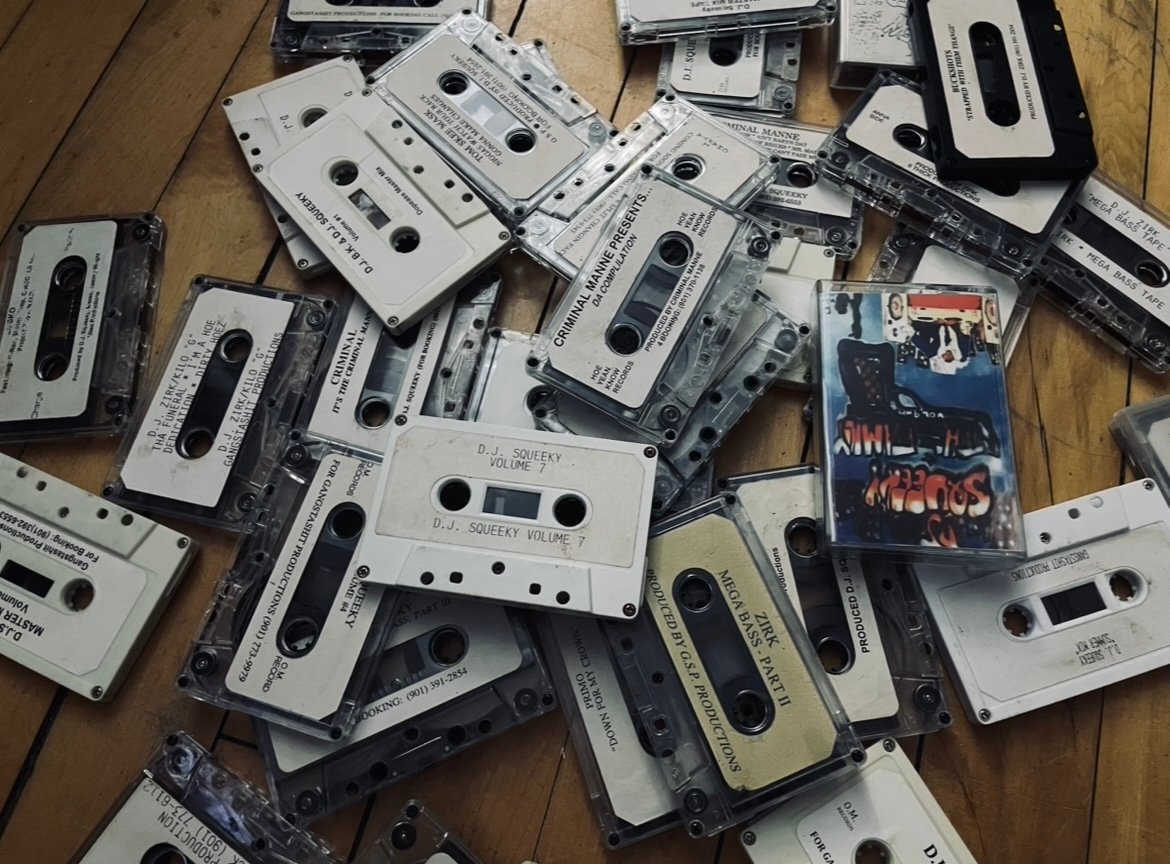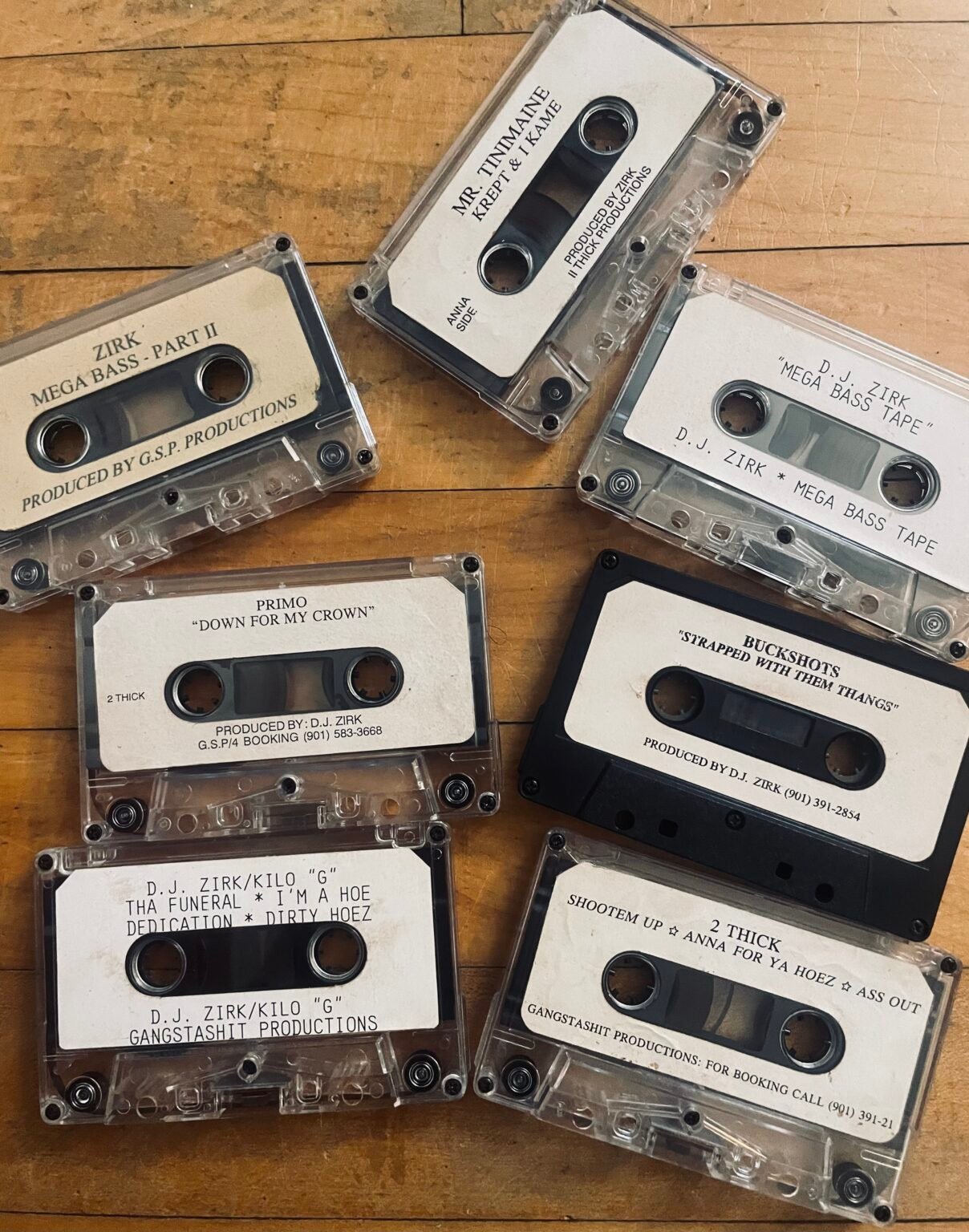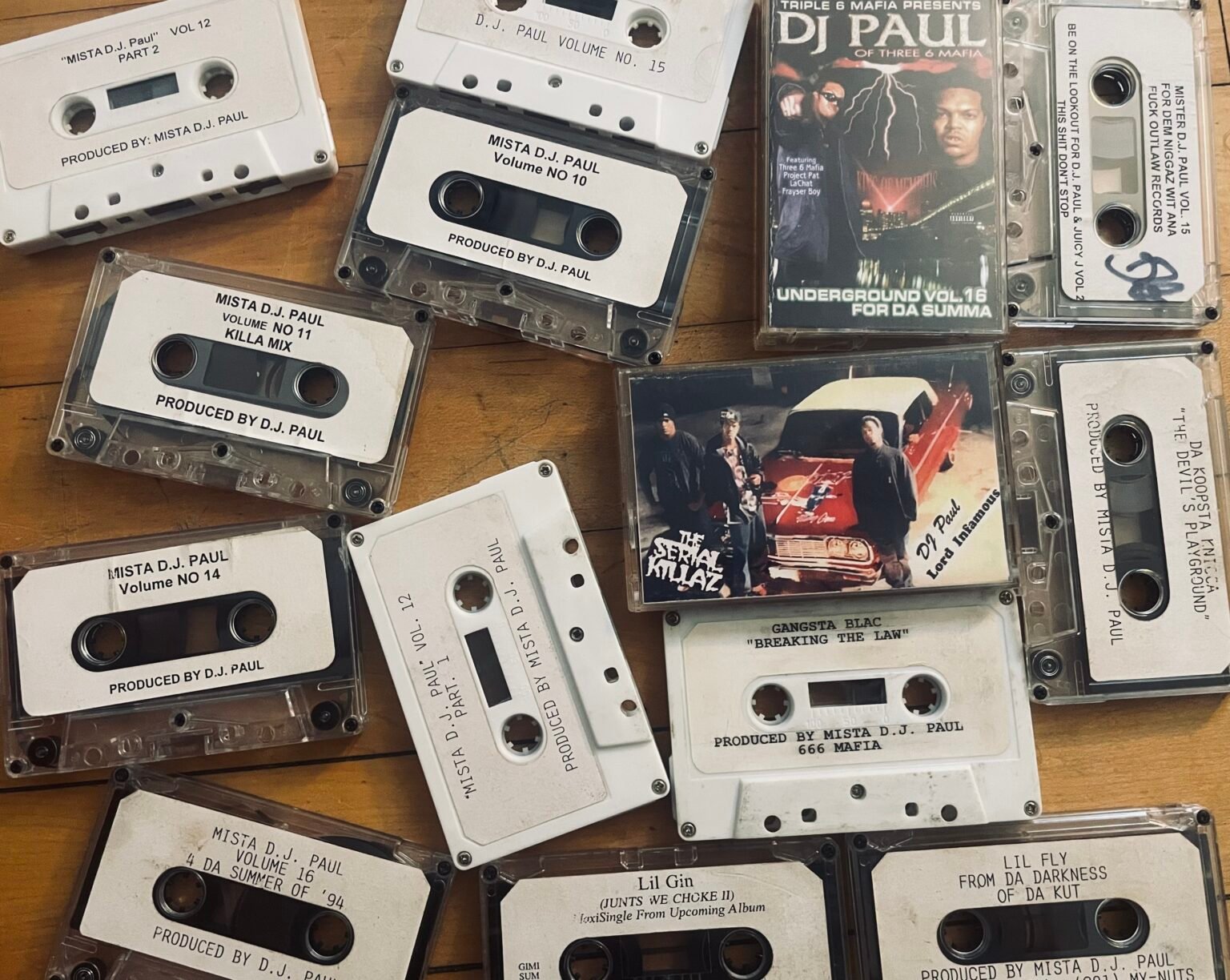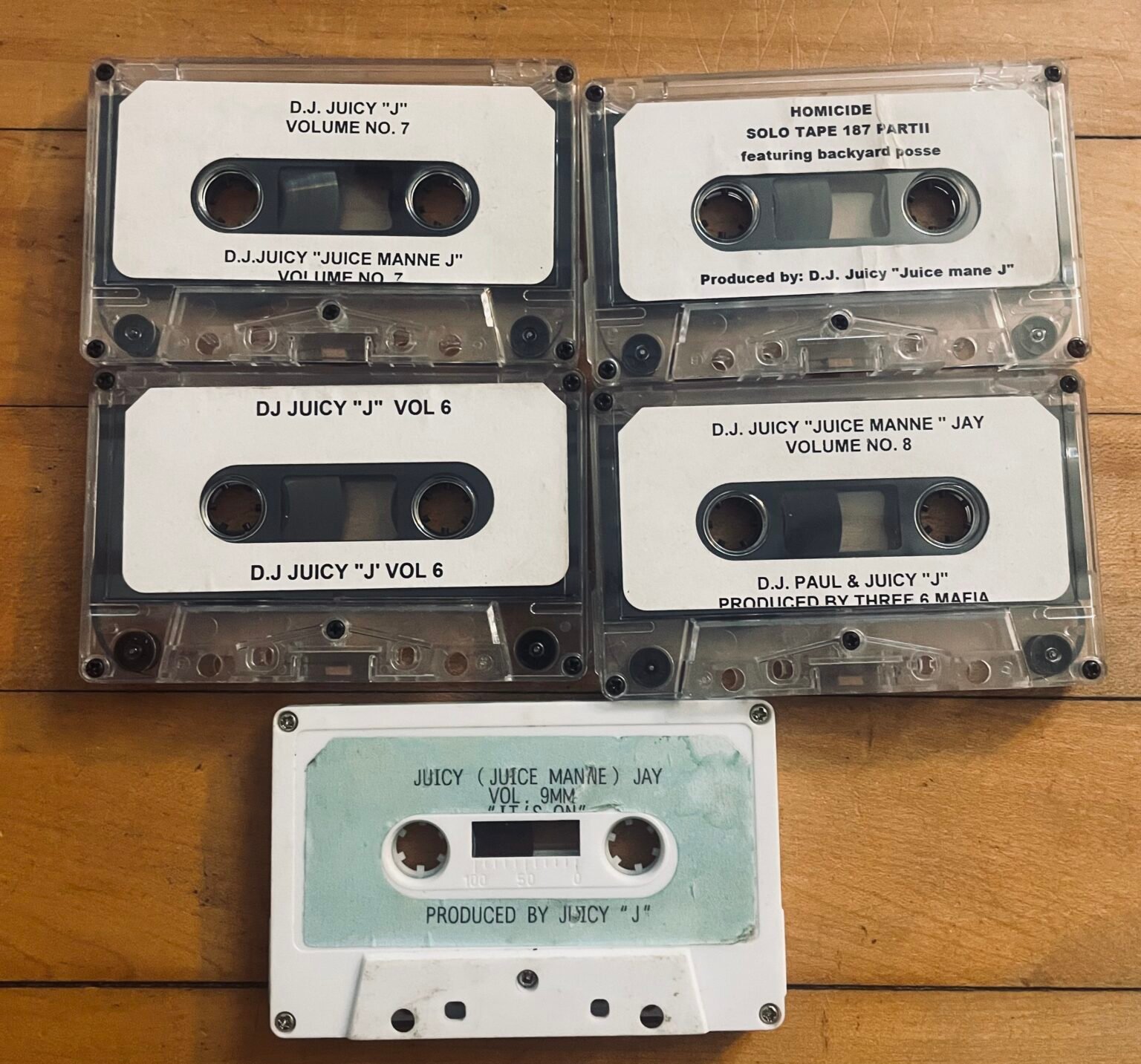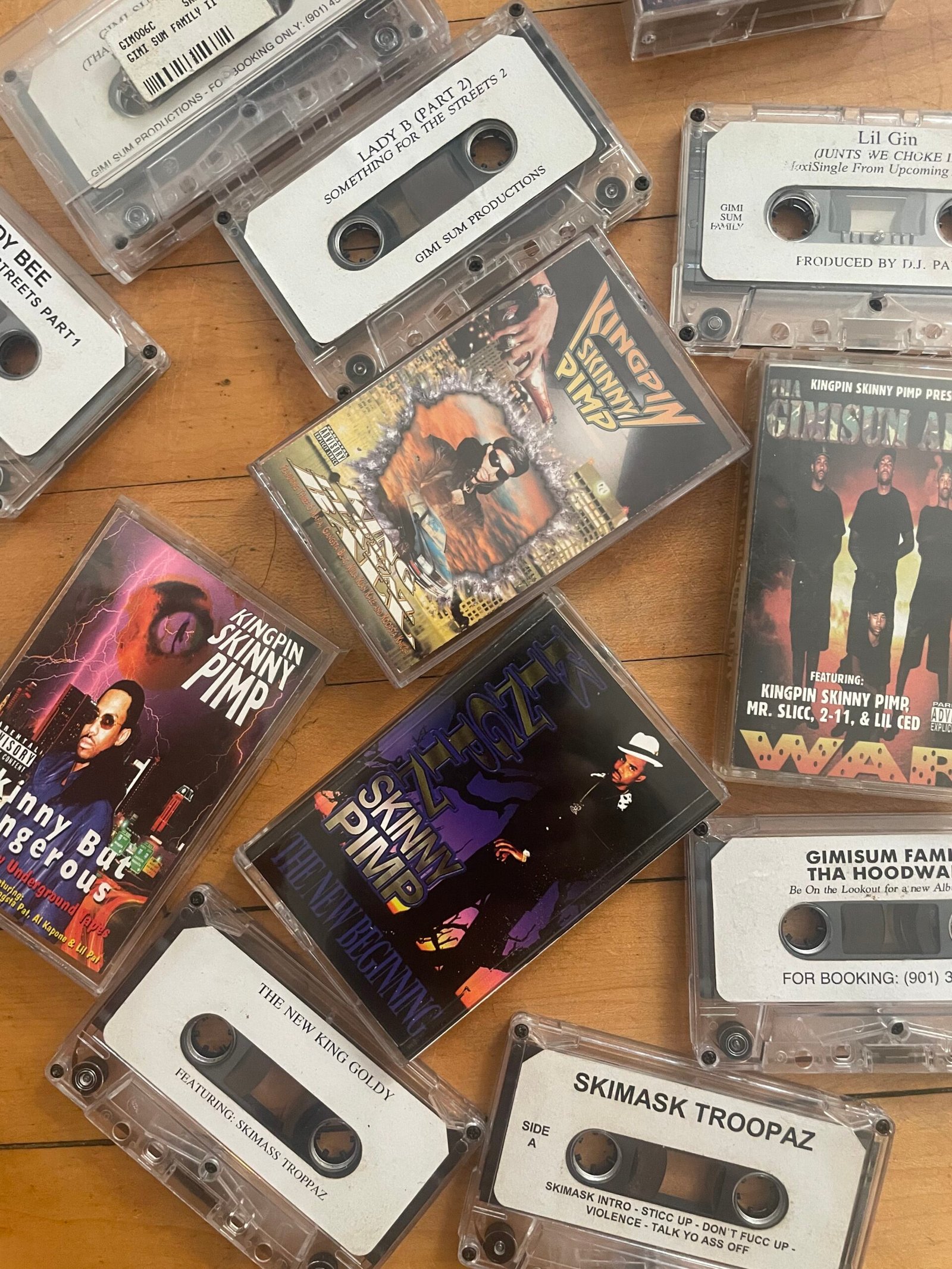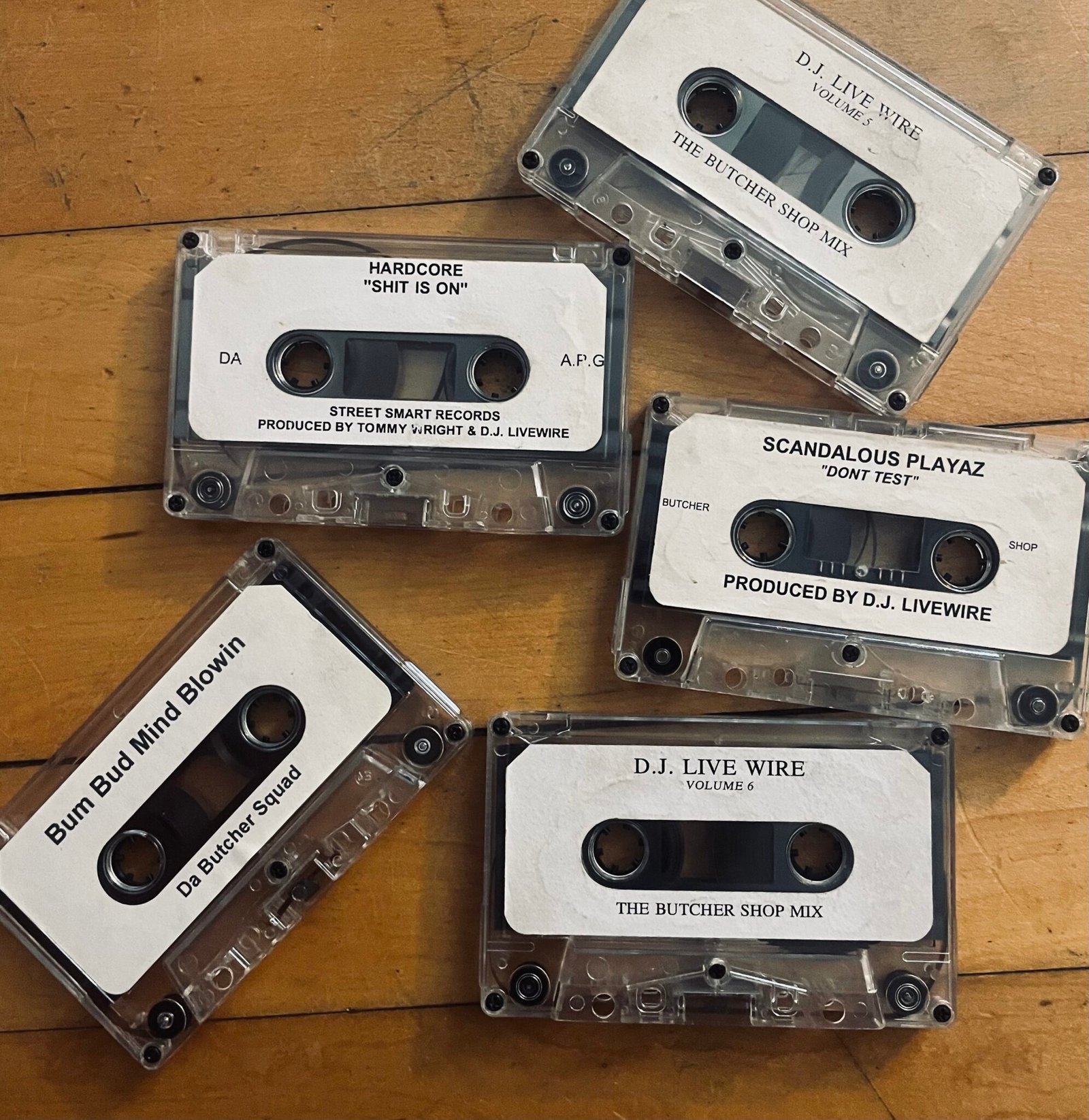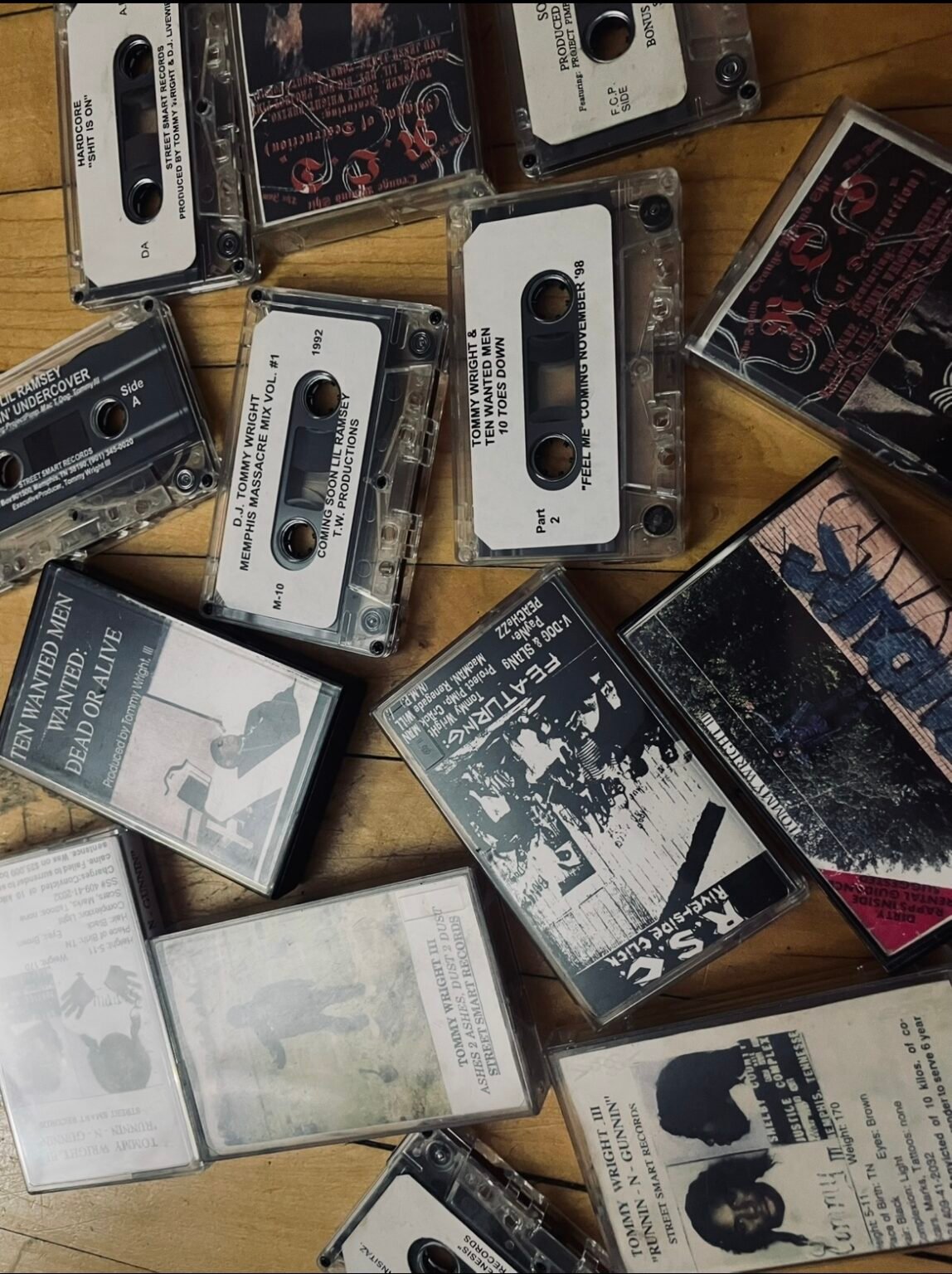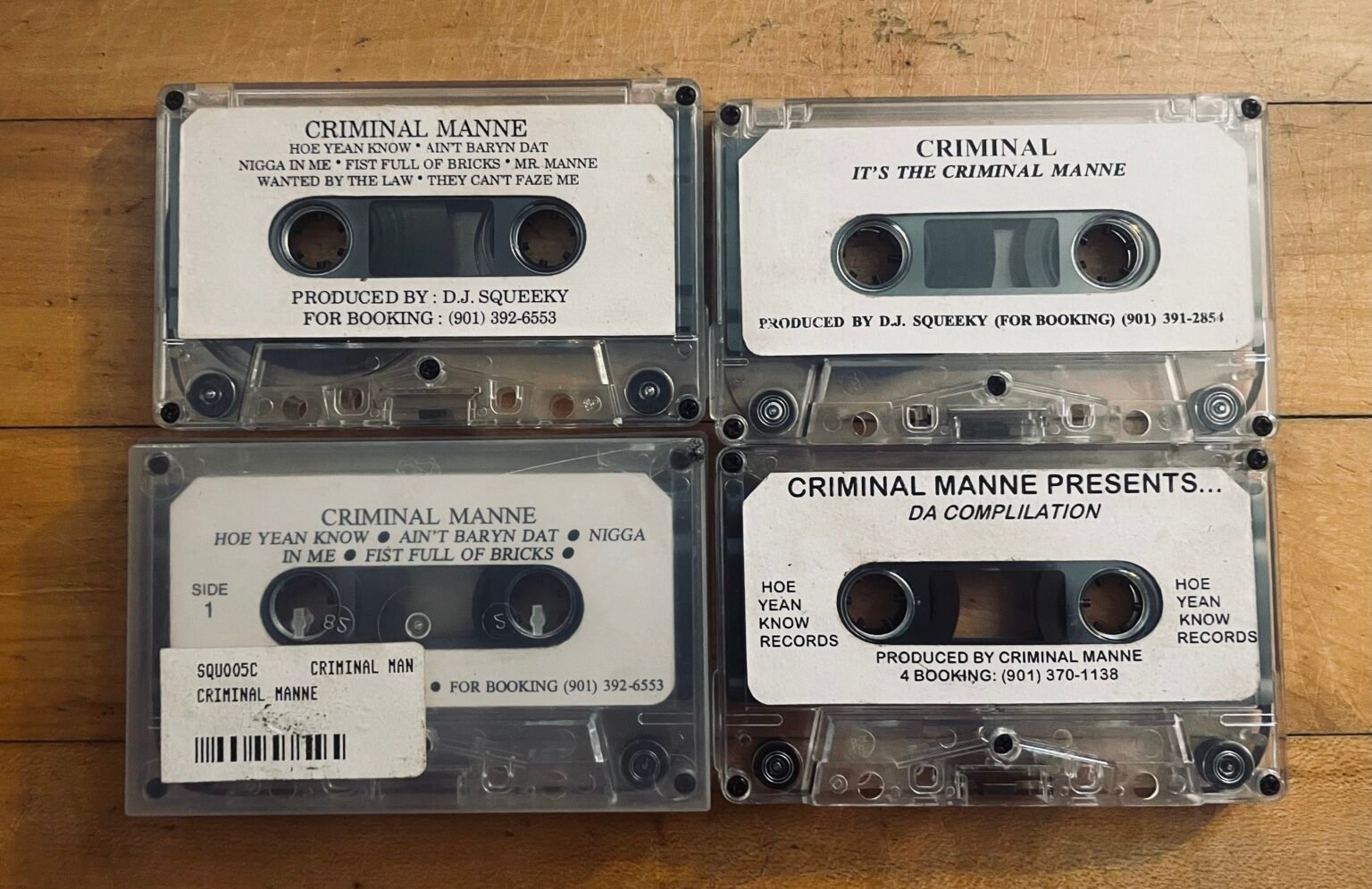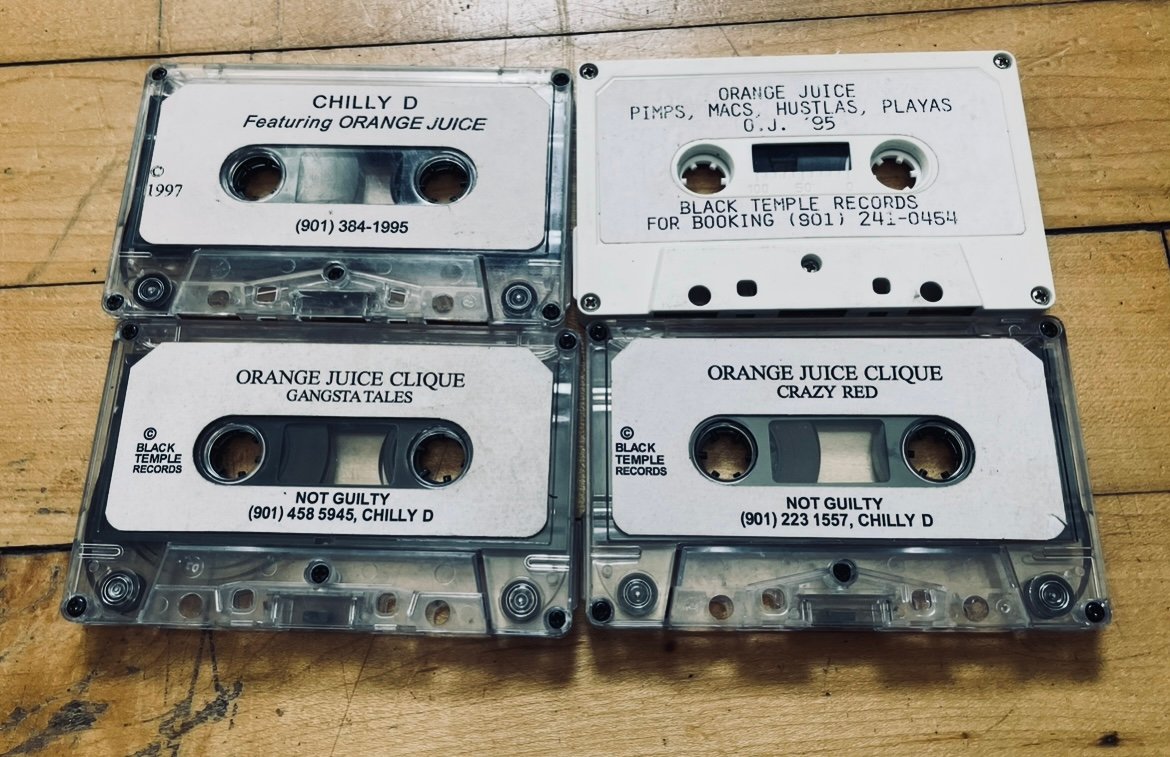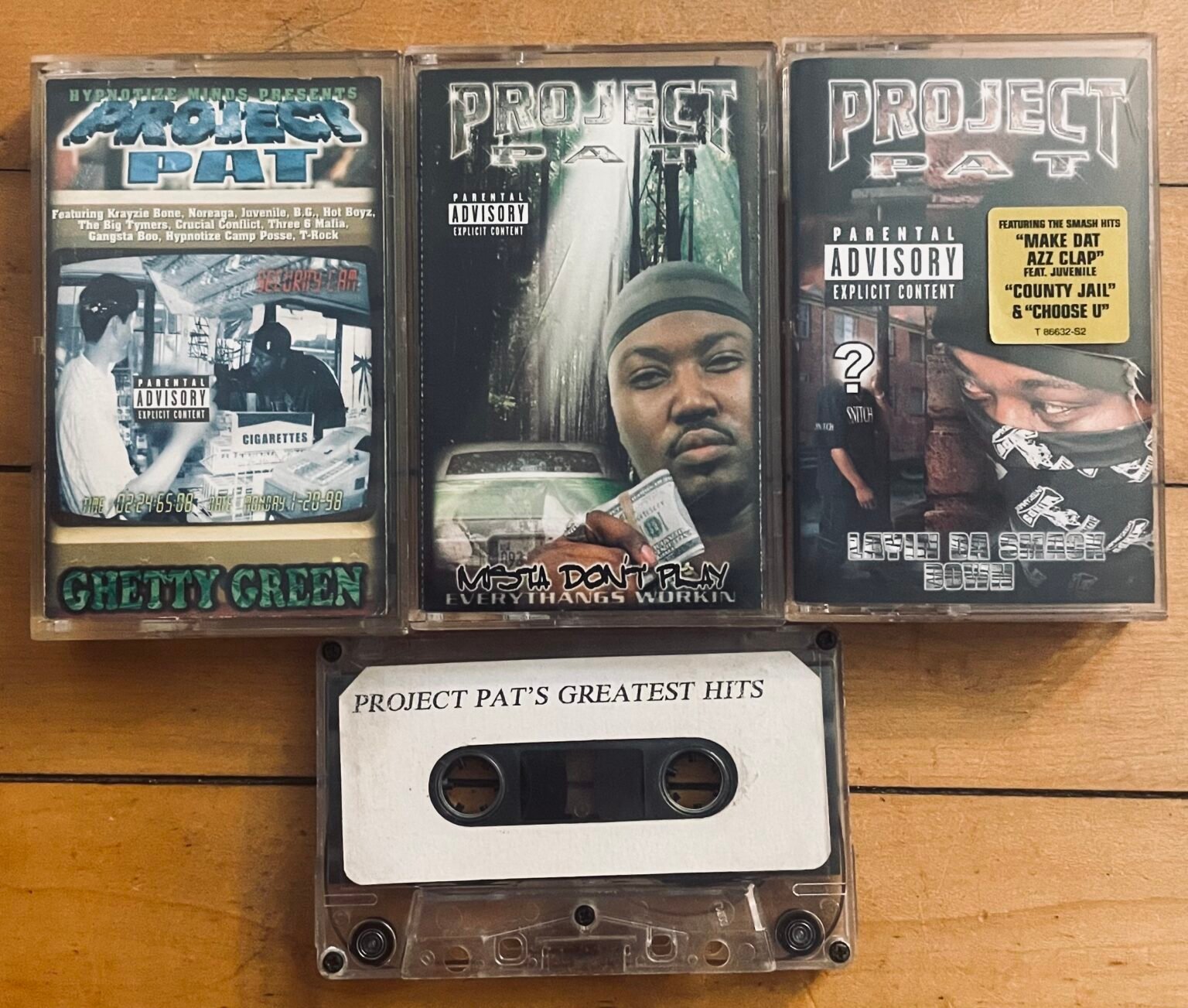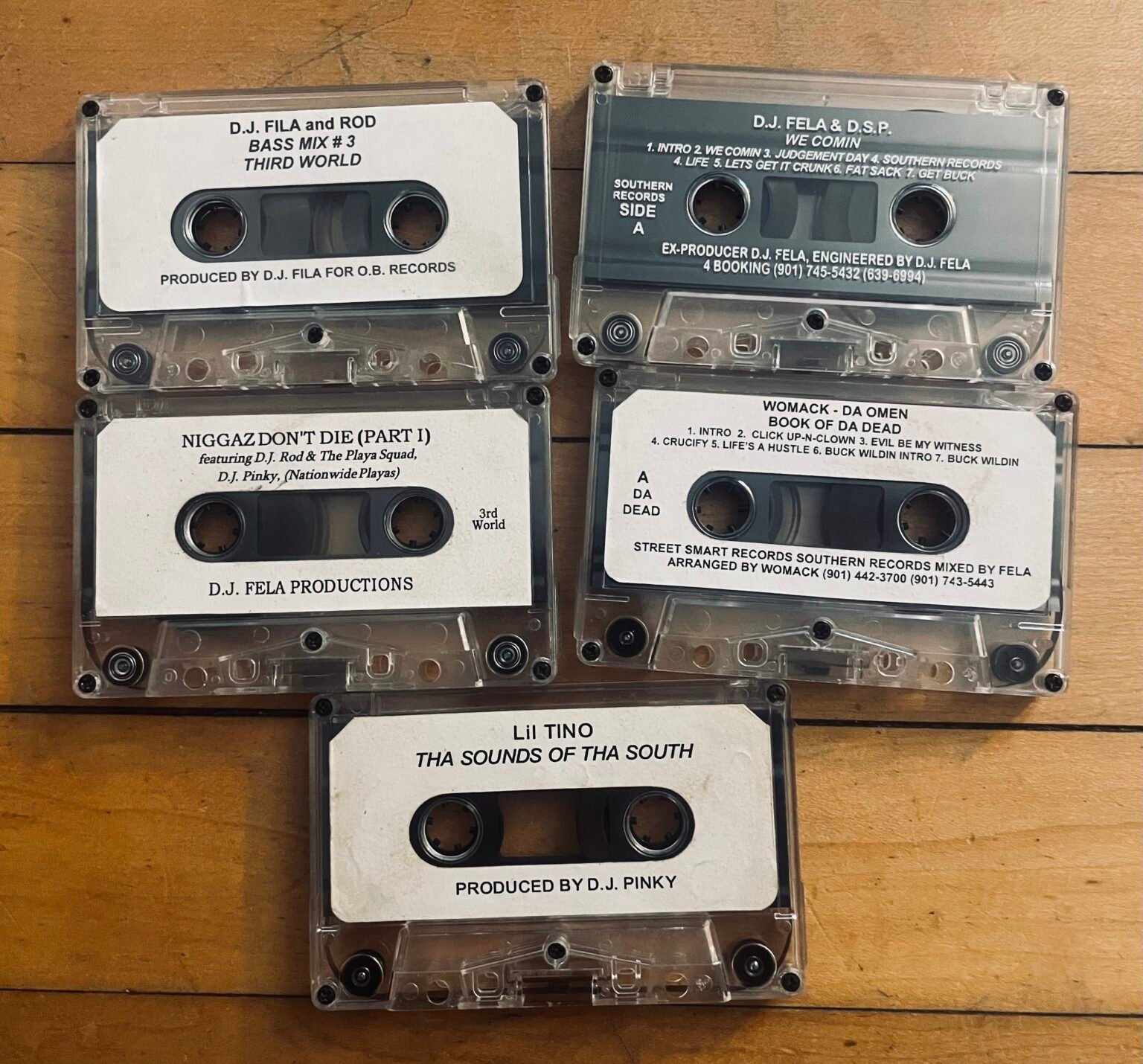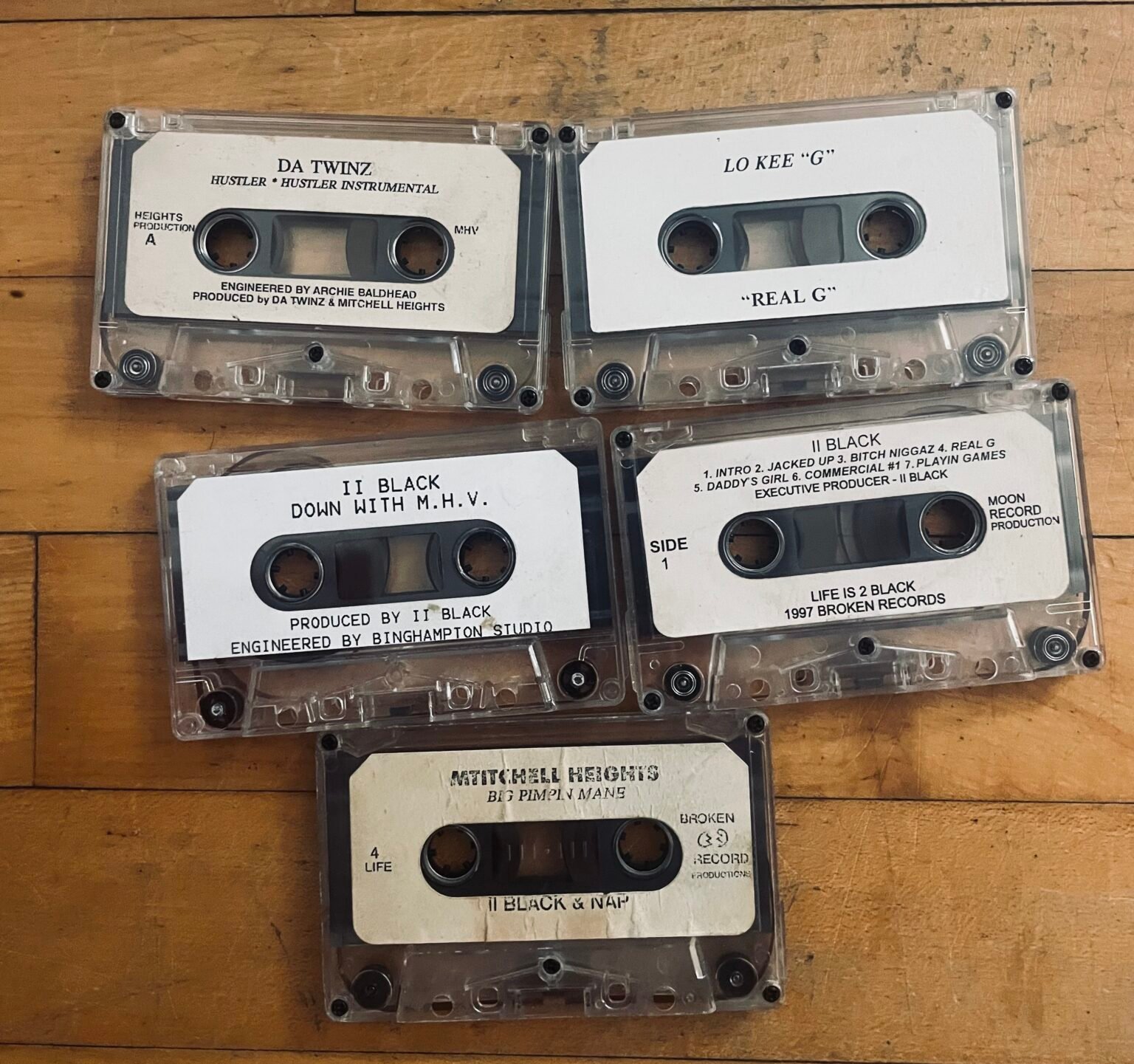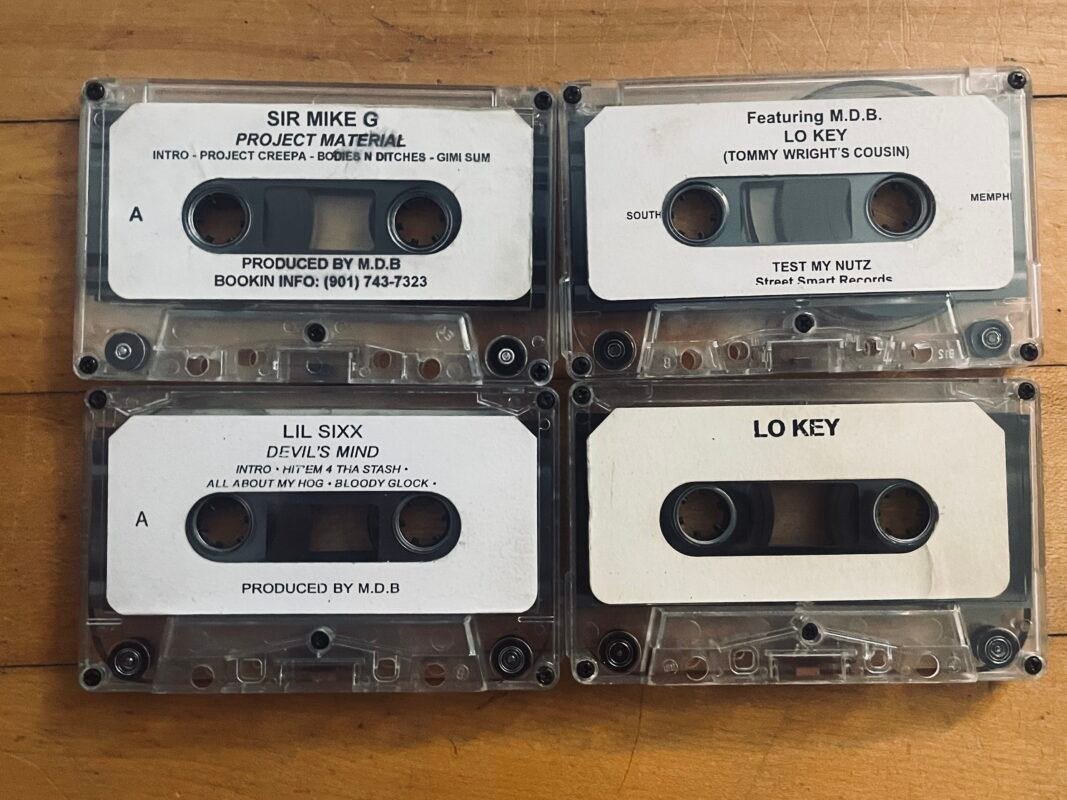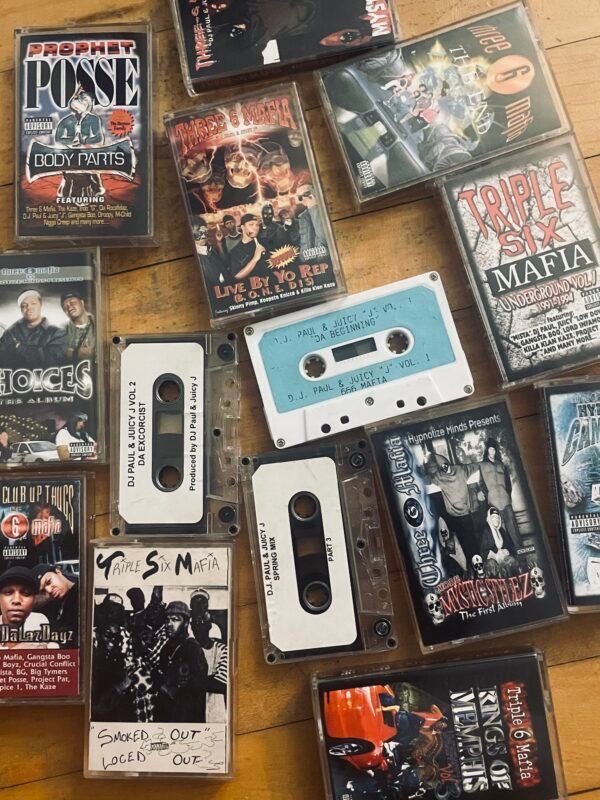DJ Spanish Fly
Widely regarded as the godfather of Memphis Rap, DJ Spanish Fly created and perfected the city’s signature sound before the genre even had a name. His early tapes are the oldest known recordings in the scene—raw, hypnotic, and years ahead of their time. He laid the foundation for nearly every Memphis artist that followed, influencing generations with his unique blend of street narratives, eerie samples, and trunk-rattling beats.
Fly was incredibly prolific, releasing dozens of underground volumes, many of which were sold hand-to-hand, at gas stations, or through word of mouth. Sadly, a large portion of his catalog has been lost to time. Tapes like Vol. 1–21 and 32–38 have still never surfaced online. Because of that, what we do have is that much more valuable. The hunt continues—not just to archive his work, but to preserve a sound that helped shape Southern Hip-Hop from the ground up.

